The challenge before the French govt is to find ways to integrate the Muslim community into a predominantly White and Catholic society, says Dileep Padgaonkar.
Our elite have been in such awe of the artistic and intellectual endeavours of the French that they have seldom, if ever, noticed the seamier sides of France. The violence raging across the country ever since it first erupted in a suburb of Paris on October 27 should open their eyes. In city after city miscreants have burnt thousands of vehicles, vandalised shops, attacked innocents and killed at least one person in cold blood. The near civil war like situation exposes as nothing else has in recent times what lies beneath France’s much-vaunted joie de vivre: a people unable to reconcile the national ideals of liberty, equality and fraternity with the challenges confronting their nation today.
For successive governments over the past four decades, the most acute challenge has been to find ways and means to integrate the five-million strong Muslim community of Arab and African stock into a predominantly White and Catholic society. Their attempts failed for several reasons.
Lack of adequate education and vocational skills led to a high level of joblessness even among the third generation of migrants. Racism and xenophobia added to their frustrations. Confined to veritable ghettos on the outskirts of cities, many youngsters turned to drug abuse and a life of crime. Their grandparents and parents could once count on the powerful Communist Party for comfort and protection. But the eclipse of the CP, especially after the implosion of the Soviet Union, left them rudderless. This is when they turned to religion.
It is on this score that the French establishment foundered. Nothing is more dear to the French than their brand of secularism. The state maintains a rigorous neutral posture as regards all religions. No religious instruction is allowed in state schools. Individuals are not officially allowed to overtly proclaim their religious affiliation in school premises. Rights are conceded to individuals, not communities. And the same law applies to all. Integration into the mainstream is however easier proclaimed than practiced.
The Muslim migrants feared that it would inevitably erode their Islamic traditions and identity. Racial discrimination fuelled these fears. You might speak French fluently and wear French culture on your sleeve. But if your name is Mohammed, and not Michel, you invite suspicious looks.
The way governments have addressed the issue of integration can best be described as a matter of blowing hot and cold. As early as 1981 the migrants were allowed to set up prayer rooms in their sordid housing estates. These also served as Koranic schools, A year later, following a strike, workers in the Citroen car factory got time off to offer prayers during working shifts. Alongside, a law was passed permitting the migrants to form associations and to turn private places of worship into public ones. Oil money came in handy to build mosques by the scores all over France.
The radicalisation of the disaffected youth continued apace with the emergence of militant Islam in Iran in 1979 and later in Palestine and Algeria. Its first manifestation came in October 1989 when three teenage Muslim girls were barred from admission in a school because they refused to discard their Islamic headscarves. They were eventually allowed entrance. But five years later the headscarf controversy surfaced again when the government decreed that no ‘ostentatious signs’ of religion would be allowed in schools. It is yet to be resolved.
In the latest spree of violence the blow-hot-blow-cold policy has also been at work. The interior minister, Nicholas Sarkozy, a candidate to succeed Jacques Chirac as president, has taken a tough line describing the trouble-makers as scum and vowing to bring them to heel. On the other hand, the prime minister, Dominque de Villepin, also a contender for the top job, wants the problems of the migrants, especially unemployment, to be tackled on a priority basis.
So far no one knows for certain who is behind the acts of vandalism. Some mention juvenile delinquents, others cite criminal gangs, still some others hint at Muslim radicals. However, the French will have to answer a single, critical question: whether their brand of secularism can accommodate non-White citizens professing an increasingly militant form of Islam.
Meanwhile, the only party that stands to gain from the worsening situation is the extreme right-wing National Front. It may never rule France on its own. But its ideology of hate and bigotry has insidiously penetrated the body politic. France is in for some very troubled times.
Email: dileep.p@apcaglobal.com
![submenu-img]() Meet man who once suffered loss of Rs 15 crore, then built Rs 2000 crore turnover company at 60, he is…
Meet man who once suffered loss of Rs 15 crore, then built Rs 2000 crore turnover company at 60, he is…![submenu-img]() 'They did her dirty': Aishwarya Rai fans criticise stylist for her 'failed art project' outfit on Cannes red carpet
'They did her dirty': Aishwarya Rai fans criticise stylist for her 'failed art project' outfit on Cannes red carpet![submenu-img]() Woman walks on the streets of Tokyo in saree, viral video shows people’s reaction
Woman walks on the streets of Tokyo in saree, viral video shows people’s reaction![submenu-img]() Blinkit offering ‘free dhaniya’ with vegetable orders, people now asking for free…
Blinkit offering ‘free dhaniya’ with vegetable orders, people now asking for free…![submenu-img]() Kartam Bhugtam: Shreyas Talpade-starrer is a riveting dive into the unknown
Kartam Bhugtam: Shreyas Talpade-starrer is a riveting dive into the unknown![submenu-img]() Meet PhD wife of IIT graduate hired at Rs 100 crore salary package, was fired within a year, he is now…
Meet PhD wife of IIT graduate hired at Rs 100 crore salary package, was fired within a year, he is now…![submenu-img]() Meet woman not from IIT, IIM or NIT, cracked UPSC exam in first attempt with AIR...
Meet woman not from IIT, IIM or NIT, cracked UPSC exam in first attempt with AIR...![submenu-img]() Maharashtra Board Results 2024: MSBSHSE class 10th, 12th results soon, know how to check results via SMS
Maharashtra Board Results 2024: MSBSHSE class 10th, 12th results soon, know how to check results via SMS![submenu-img]() Meet Indian genius who became world’s 'youngest' surgeon at 7, worked in IIT for...
Meet Indian genius who became world’s 'youngest' surgeon at 7, worked in IIT for...![submenu-img]() Meet Kashmir boy, who is JEE topper, wants to pursue Computer Science, he aims to clear...
Meet Kashmir boy, who is JEE topper, wants to pursue Computer Science, he aims to clear...![submenu-img]() DNA Verified: Is CAA an anti-Muslim law? Centre terms news report as 'misleading'
DNA Verified: Is CAA an anti-Muslim law? Centre terms news report as 'misleading'![submenu-img]() DNA Verified: Lok Sabha Elections 2024 to be held on April 19? Know truth behind viral message
DNA Verified: Lok Sabha Elections 2024 to be held on April 19? Know truth behind viral message![submenu-img]() DNA Verified: Modi govt giving students free laptops under 'One Student One Laptop' scheme? Know truth here
DNA Verified: Modi govt giving students free laptops under 'One Student One Laptop' scheme? Know truth here![submenu-img]() DNA Verified: Shah Rukh Khan denies reports of his role in release of India's naval officers from Qatar
DNA Verified: Shah Rukh Khan denies reports of his role in release of India's naval officers from Qatar![submenu-img]() DNA Verified: Is govt providing Rs 1.6 lakh benefit to girls under PM Ladli Laxmi Yojana? Know truth
DNA Verified: Is govt providing Rs 1.6 lakh benefit to girls under PM Ladli Laxmi Yojana? Know truth![submenu-img]() Aishwarya Rai Bachchan turns heads in intricate black gown at Cannes, walks the red carpet with injured arm in cast
Aishwarya Rai Bachchan turns heads in intricate black gown at Cannes, walks the red carpet with injured arm in cast![submenu-img]() Laapataa Ladies' Poonam aka Rachna Gupta looks unrecognisable in viral photos, amazes with jaw-dropping transformation
Laapataa Ladies' Poonam aka Rachna Gupta looks unrecognisable in viral photos, amazes with jaw-dropping transformation![submenu-img]() In pics: Taarak Mehta Ka Ooltah Chashmah actress Deepti Sadhwani dazzles in orange at Cannes debut, sets new record
In pics: Taarak Mehta Ka Ooltah Chashmah actress Deepti Sadhwani dazzles in orange at Cannes debut, sets new record![submenu-img]() Ananya Panday stuns in unseen bikini pictures in first post amid breakup reports, fans call it 'Aditya Roy Kapur's loss'
Ananya Panday stuns in unseen bikini pictures in first post amid breakup reports, fans call it 'Aditya Roy Kapur's loss'![submenu-img]() Remember Harsh Lunia? Just Mohabbat child star, here's how former actor looks now, his wife is Bollywood's popular...
Remember Harsh Lunia? Just Mohabbat child star, here's how former actor looks now, his wife is Bollywood's popular...![submenu-img]() Haryana Political Crisis: Will 3 independent MLAs support withdrawal impact the present Nayab Saini led-BJP government?
Haryana Political Crisis: Will 3 independent MLAs support withdrawal impact the present Nayab Saini led-BJP government?![submenu-img]() DNA Explainer: Why Harvey Weinstein's rape conviction was overturned, will beleaguered Hollywood mogul get out of jail?
DNA Explainer: Why Harvey Weinstein's rape conviction was overturned, will beleaguered Hollywood mogul get out of jail?![submenu-img]() What is inheritance tax?
What is inheritance tax?![submenu-img]() DNA Explainer: What is cloud seeding which is blamed for wreaking havoc in Dubai?
DNA Explainer: What is cloud seeding which is blamed for wreaking havoc in Dubai?![submenu-img]() DNA Explainer: What is Israel's Arrow-3 defence system used to intercept Iran's missile attack?
DNA Explainer: What is Israel's Arrow-3 defence system used to intercept Iran's missile attack?![submenu-img]() 'They did her dirty': Aishwarya Rai fans criticise stylist for her 'failed art project' outfit on Cannes red carpet
'They did her dirty': Aishwarya Rai fans criticise stylist for her 'failed art project' outfit on Cannes red carpet![submenu-img]() Kartam Bhugtam: Shreyas Talpade-starrer is a riveting dive into the unknown
Kartam Bhugtam: Shreyas Talpade-starrer is a riveting dive into the unknown![submenu-img]() Richa Chadha says Heeramandi co-star Sharmin Segal being trolled for her performance is 'audience’s right'
Richa Chadha says Heeramandi co-star Sharmin Segal being trolled for her performance is 'audience’s right'![submenu-img]() Meet only Indian actress whose film is competing for top prize at Cannes; not Aishwarya, Deepika, Kiara, Priyanka, Alia
Meet only Indian actress whose film is competing for top prize at Cannes; not Aishwarya, Deepika, Kiara, Priyanka, Alia![submenu-img]() How two heroines beat Rajinikanth, Vijay, Dhanush to give Tamil cinema's biggest hit of 2024; low-budget film earned...
How two heroines beat Rajinikanth, Vijay, Dhanush to give Tamil cinema's biggest hit of 2024; low-budget film earned...![submenu-img]() Woman walks on the streets of Tokyo in saree, viral video shows people’s reaction
Woman walks on the streets of Tokyo in saree, viral video shows people’s reaction![submenu-img]() Why Australians walk barefoot in public: Here’s the reason
Why Australians walk barefoot in public: Here’s the reason![submenu-img]() People in this country compete to see who’s best at doing nothing, here's why
People in this country compete to see who’s best at doing nothing, here's why![submenu-img]() Viral video: Influencer dressed as 'Manjulika' dances on crowded road, internet reacts
Viral video: Influencer dressed as 'Manjulika' dances on crowded road, internet reacts![submenu-img]() Viral video: Baby elephant receives 'Z-category security' during family nap in Tamil Nadu reserve
Viral video: Baby elephant receives 'Z-category security' during family nap in Tamil Nadu reserve
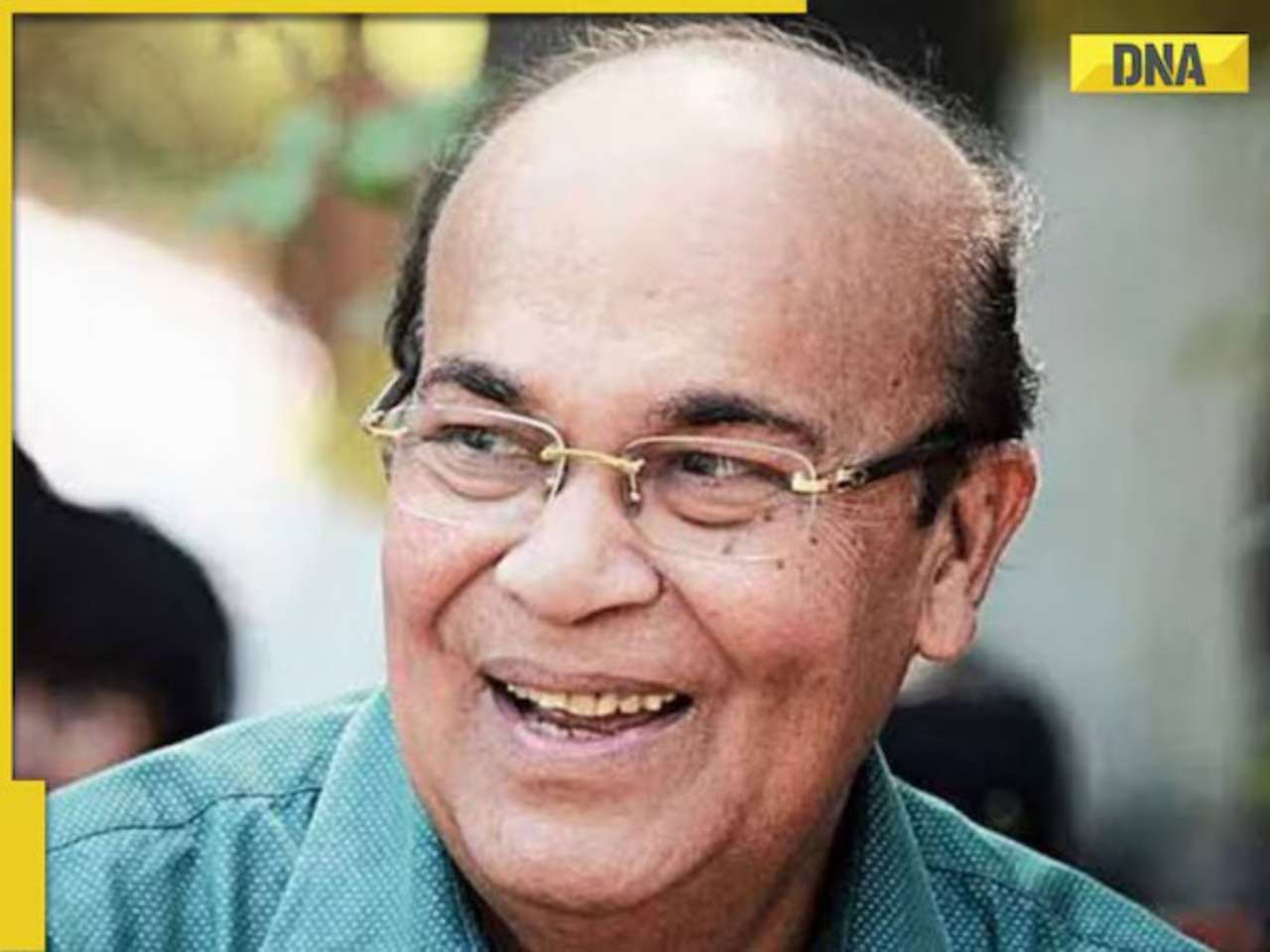











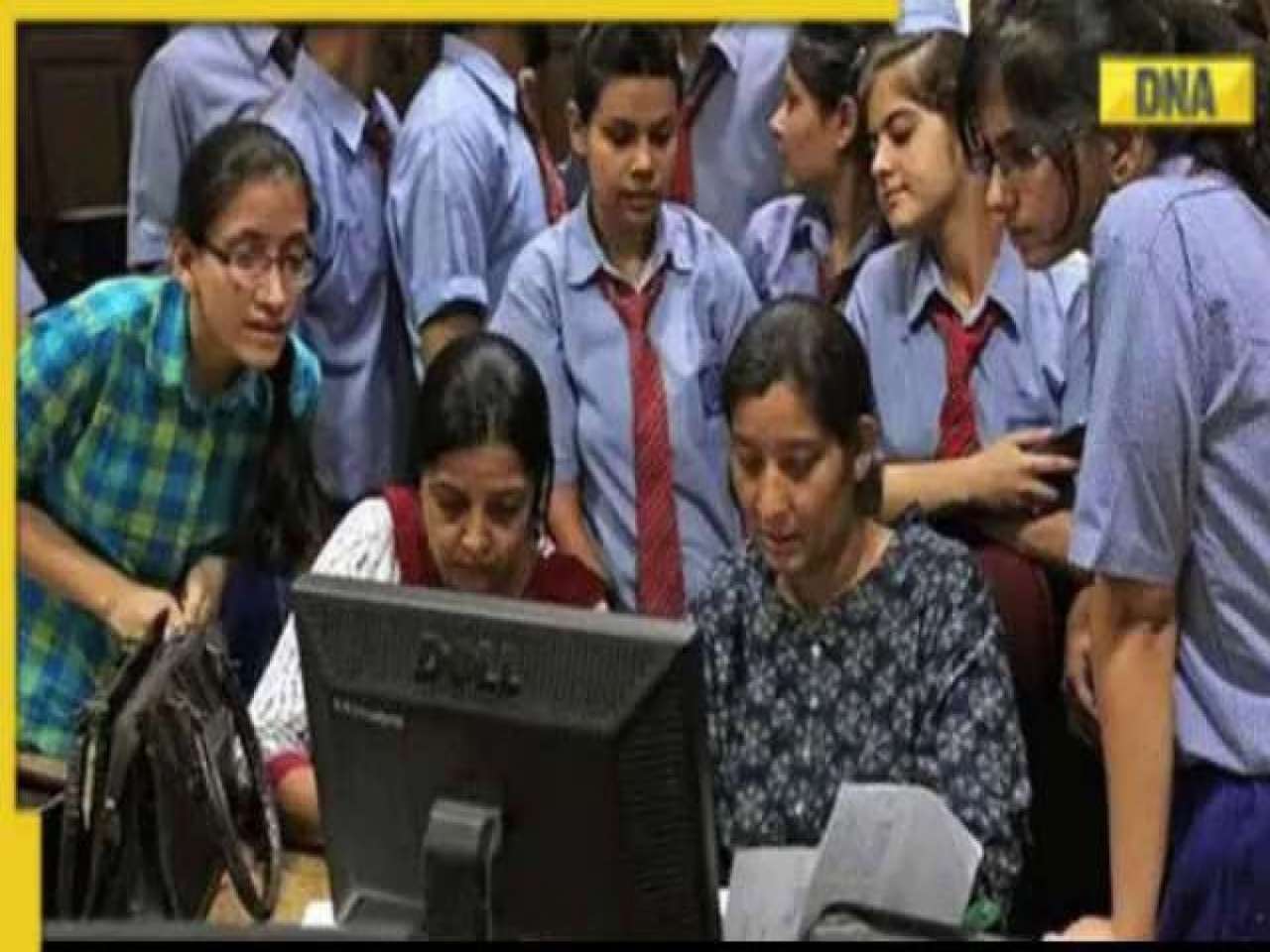
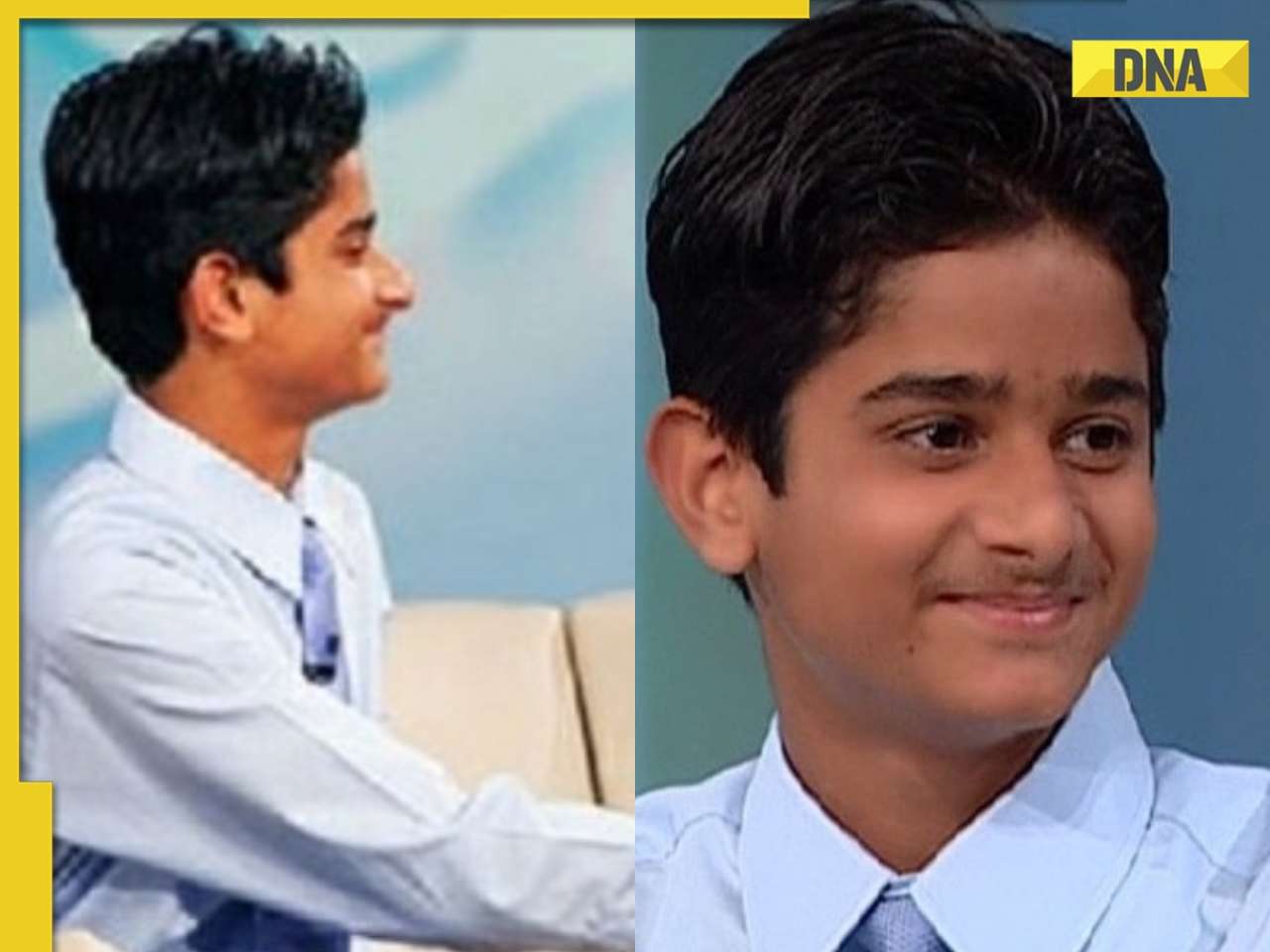
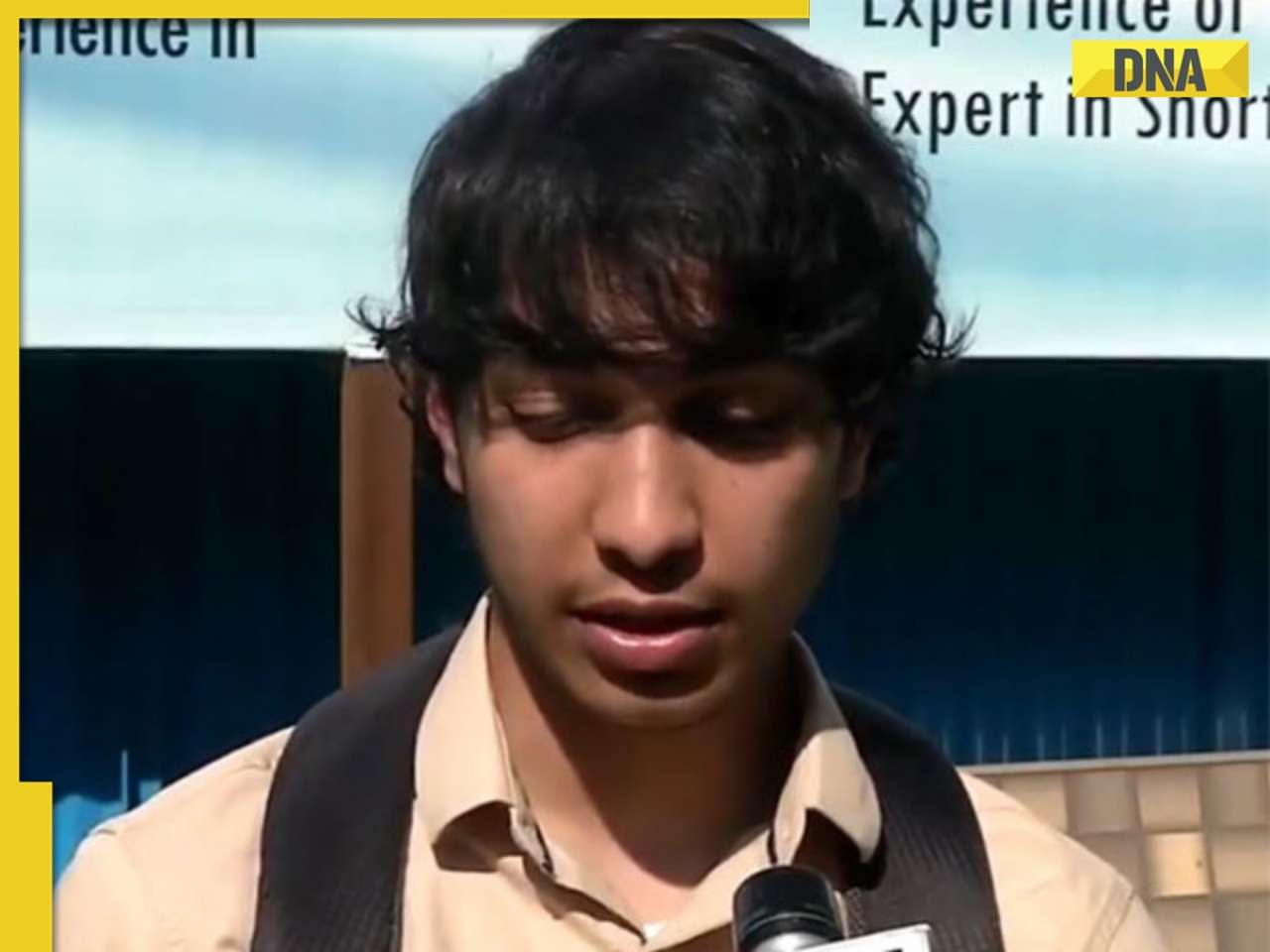
















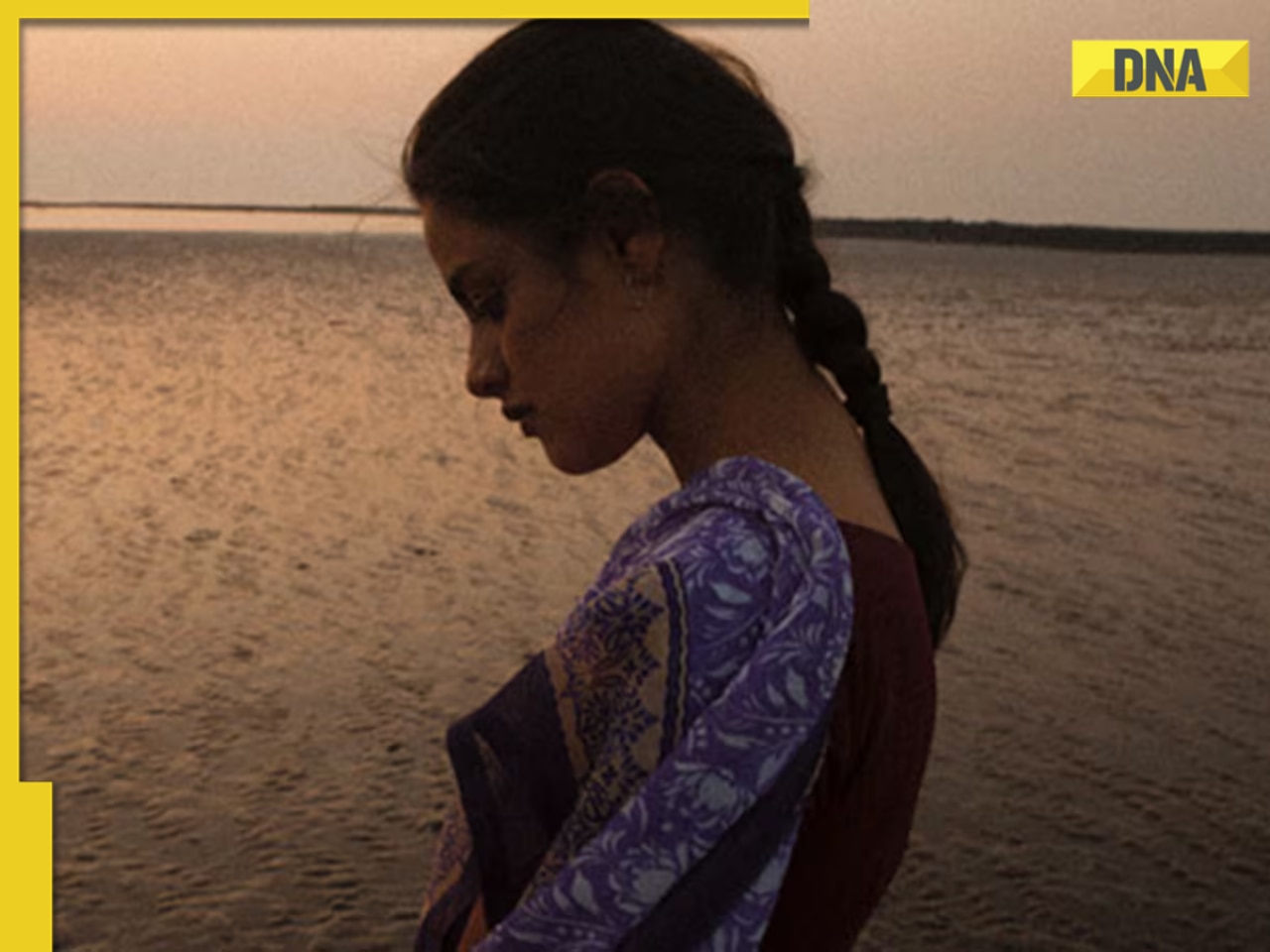


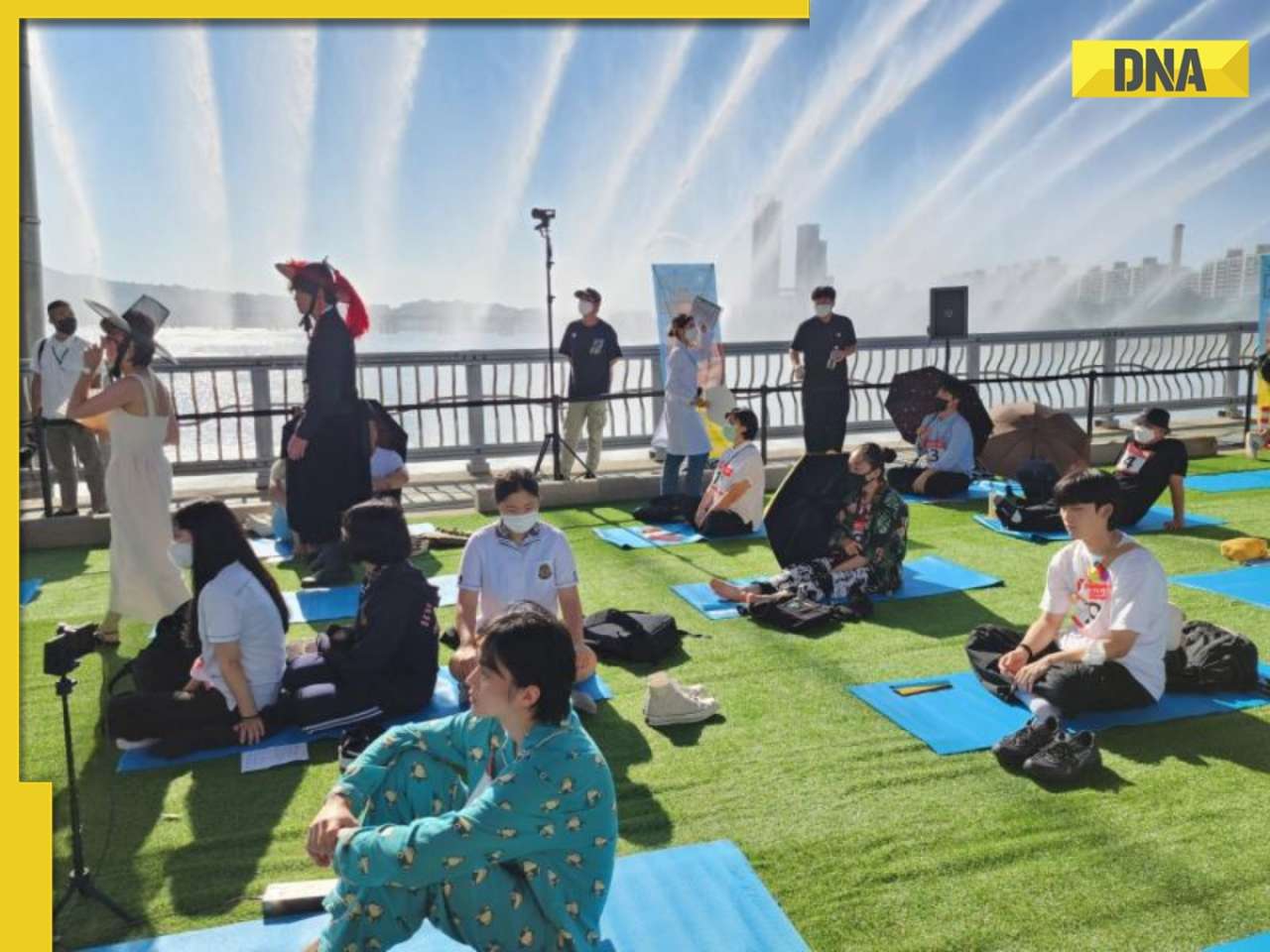
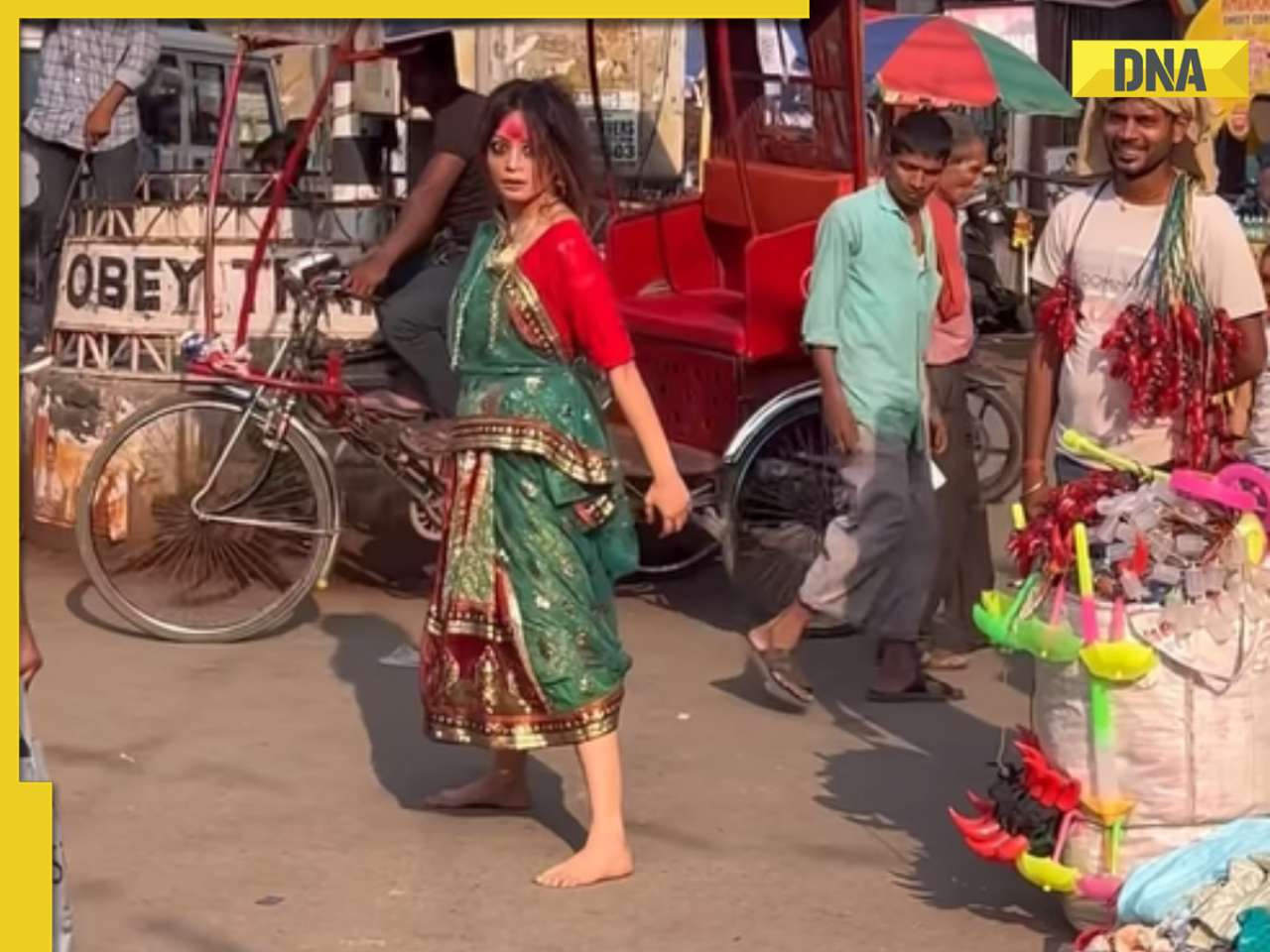






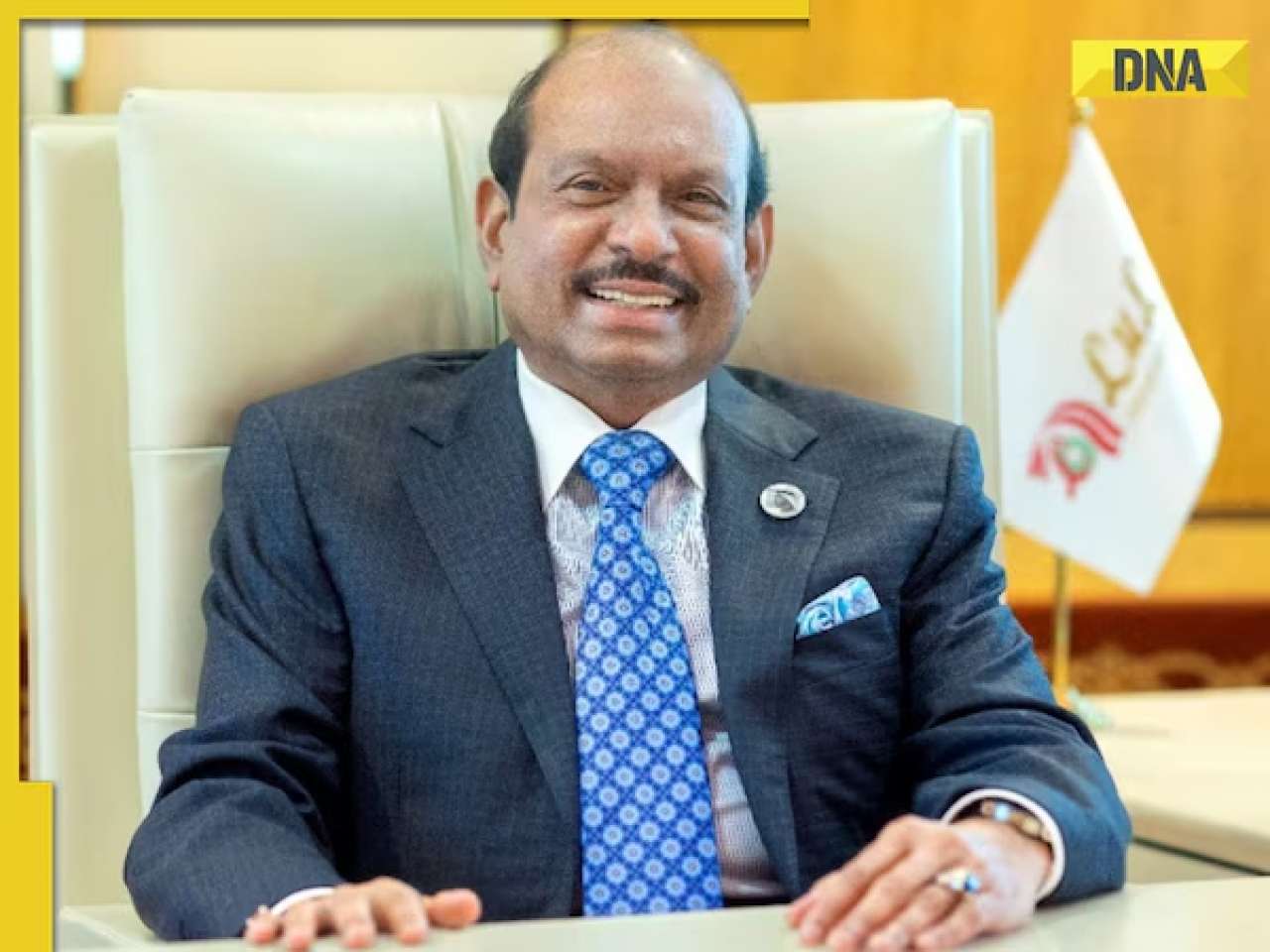


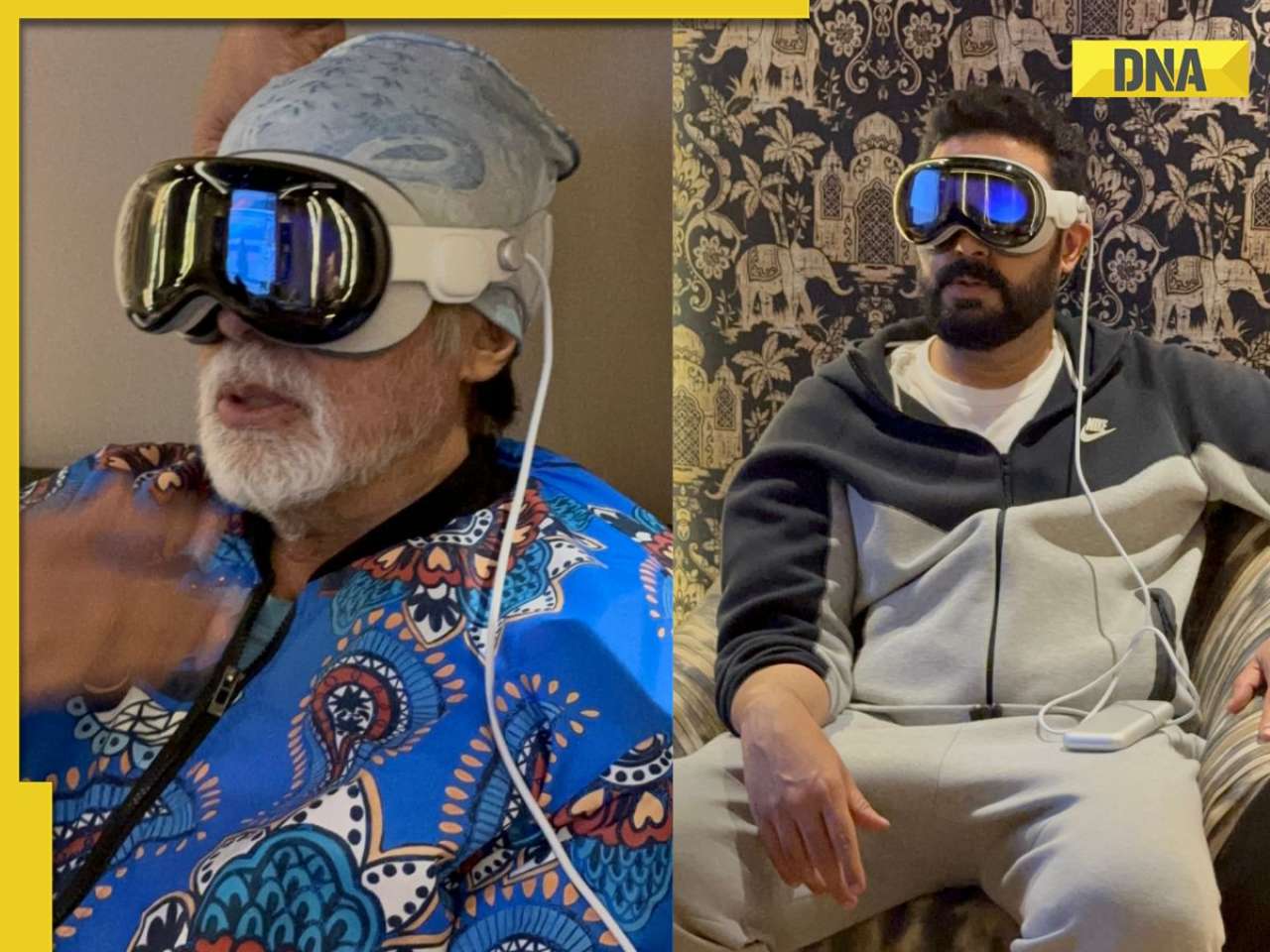











)
)
)
)
)
)